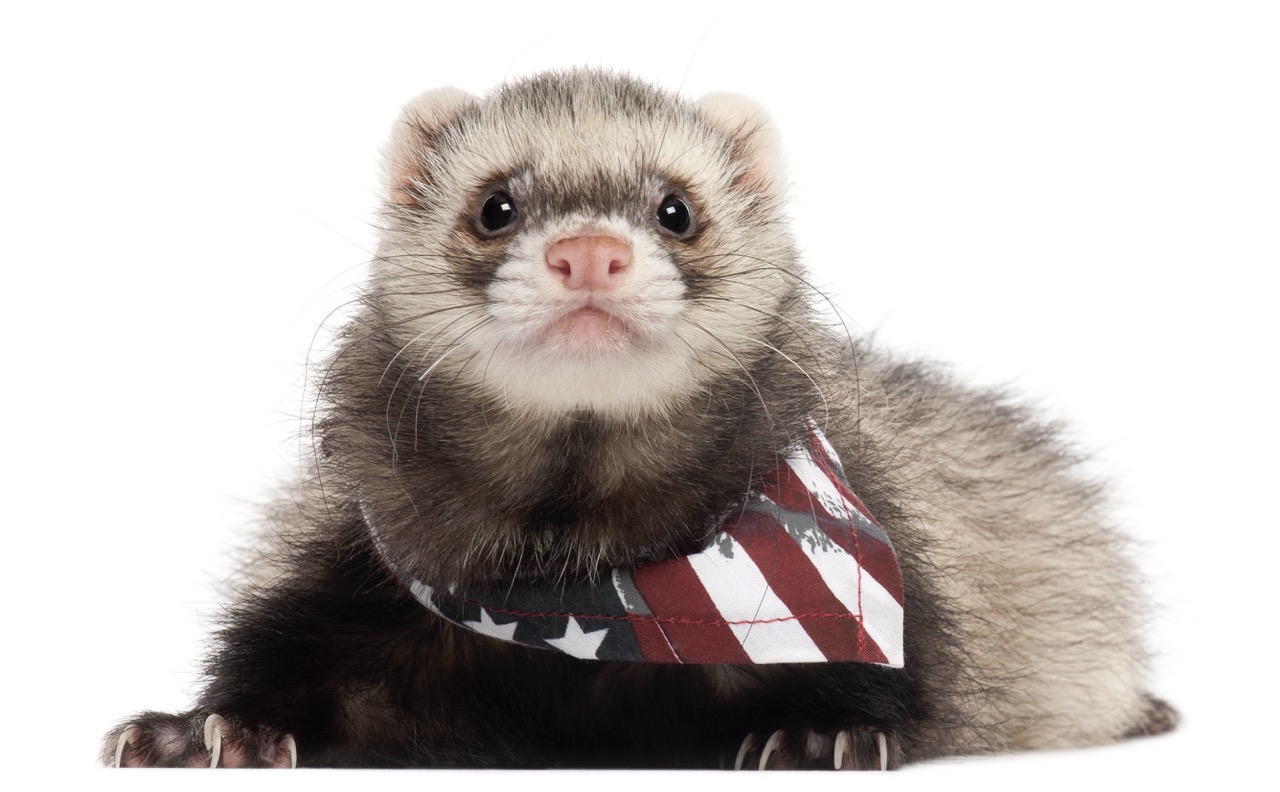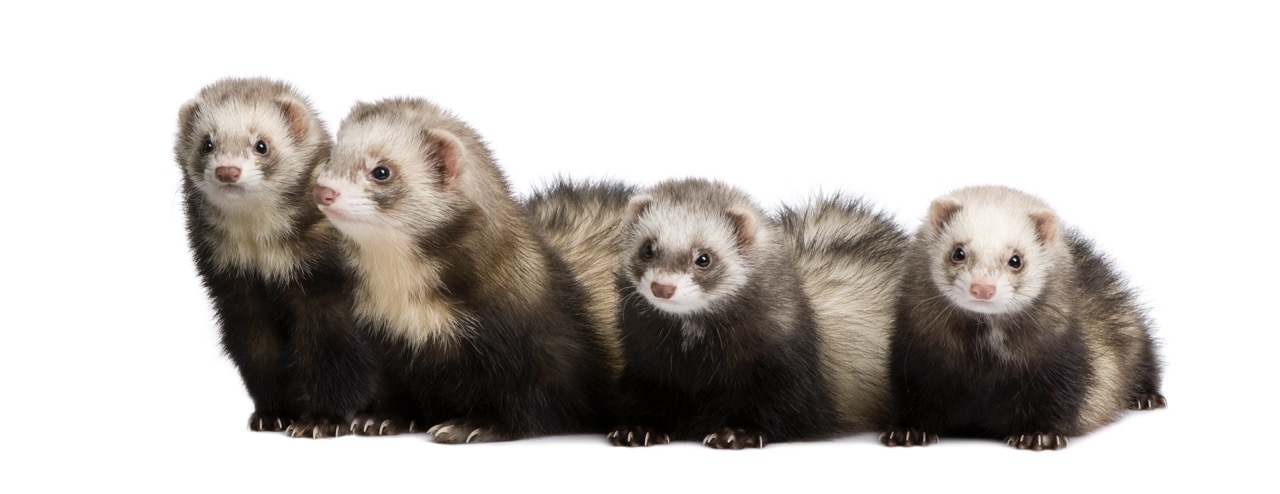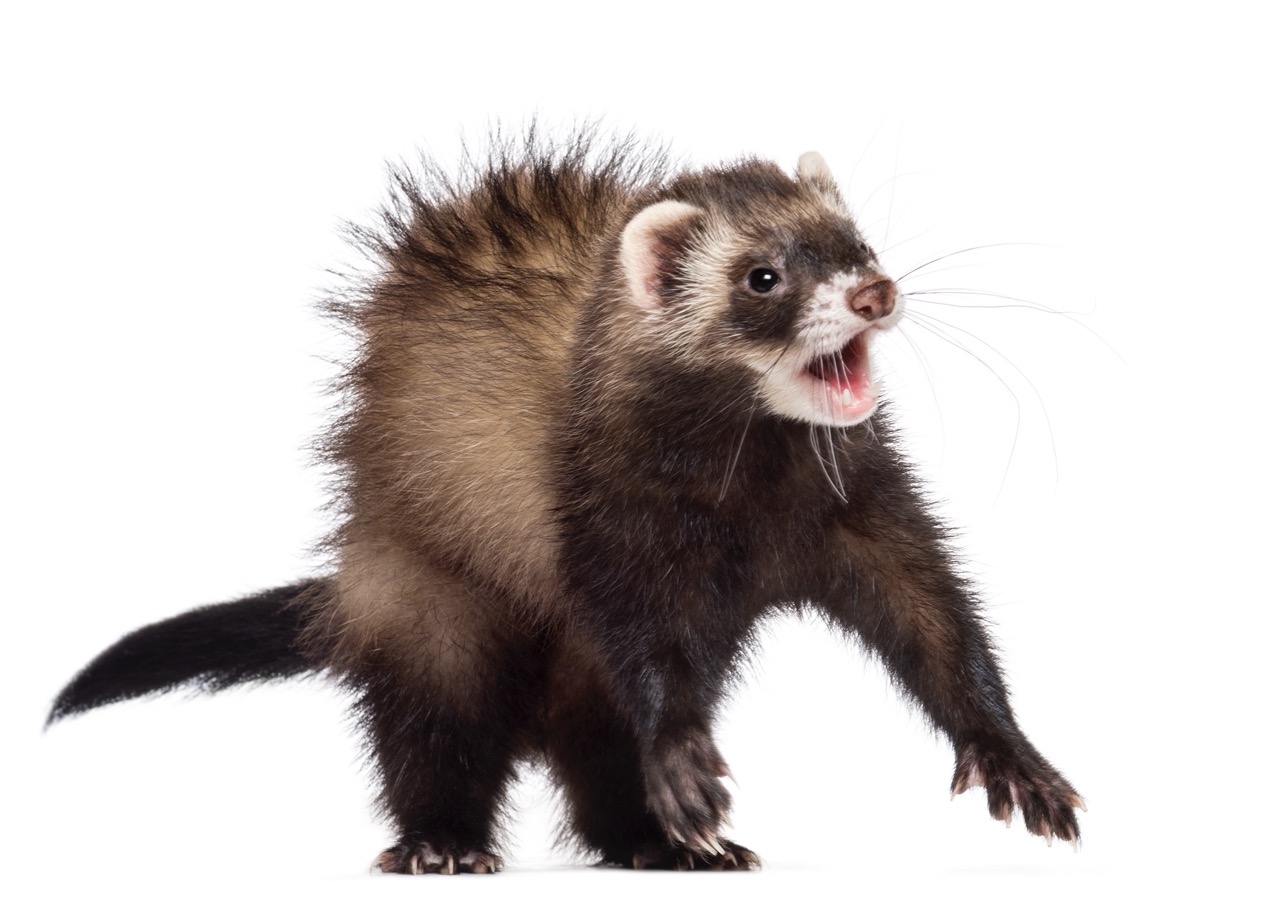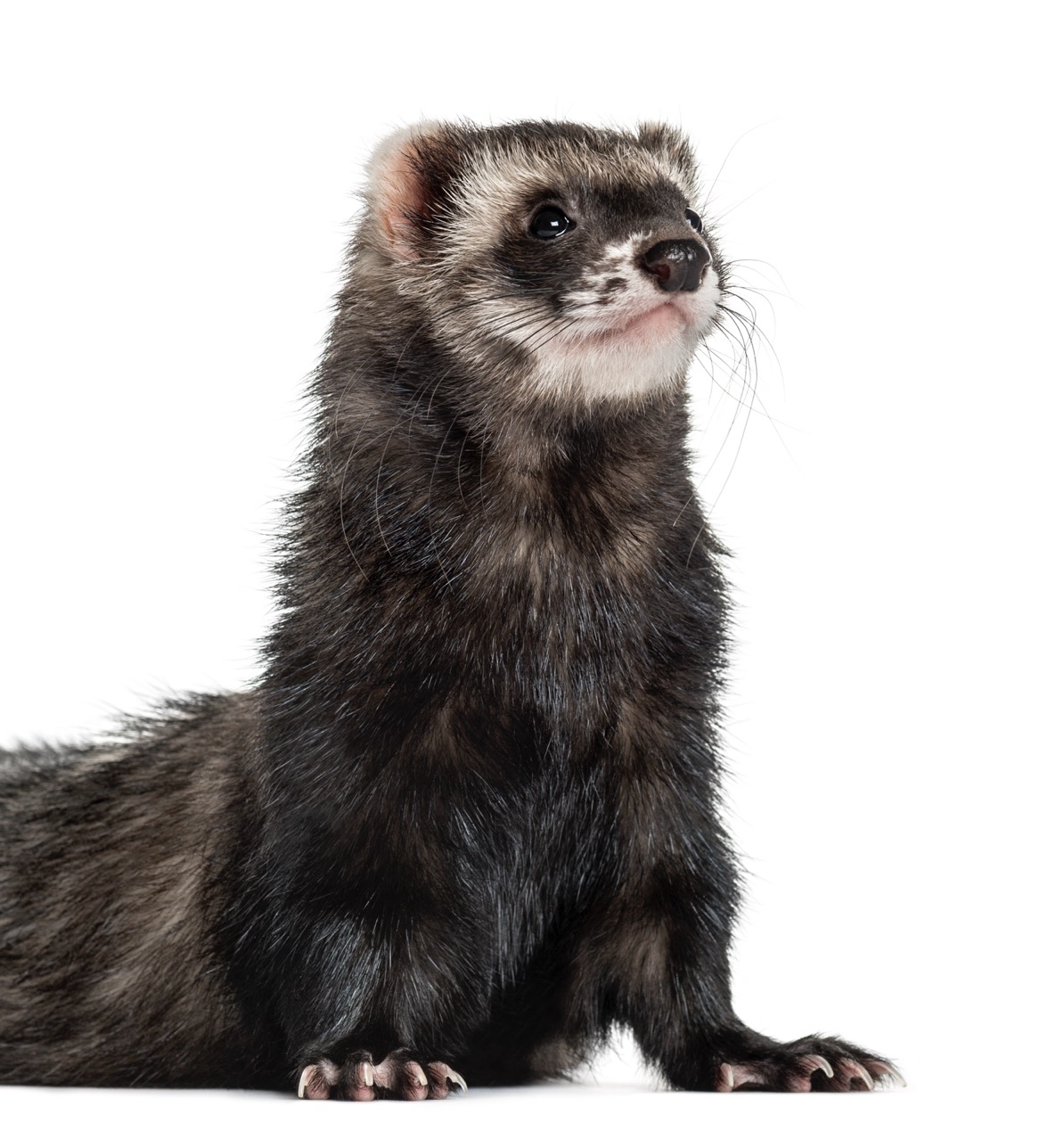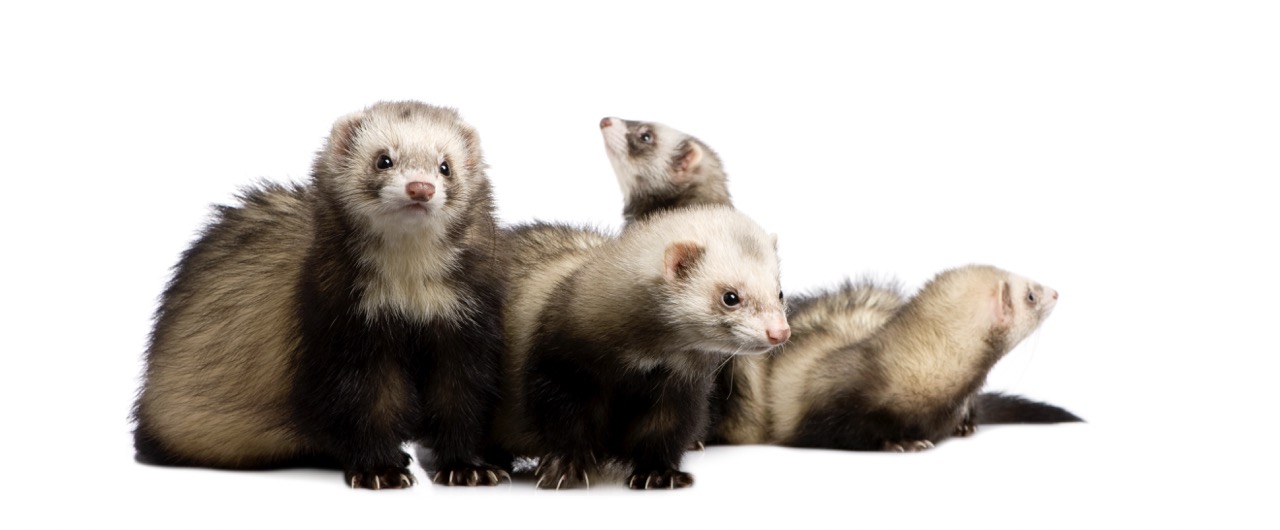Ferrets are playful, curious creatures that have captured the hearts of many pet owners around the world. While they share common traits, different breeds of ferrets possess unique characteristics that can significantly impact their compatibility with your lifestyle and preferences. Understanding these differences is crucial when considering adding a ferret to your household. This article delves into the various types of ferret breeds, their traits, and how to select the ideal companion for your home.
Understanding the Unique Characteristics of Ferret Breeds
Ferrets belong to the weasel family and are domesticated descendants of the European polecat. While there are no formally recognized ferret breeds in the same way there are for dogs or cats, ferrets can be categorized based on their coloration, physical characteristics, and temperament. These can vary widely, with some ferrets being more sociable, while others may be more reserved. The most common types you will encounter include Standard, Angora, and Sandy ferrets, among others.
Each of these types not only has distinctions in appearance but also variations in behavior. For example, standard ferrets are often known for their energetic and playful nature, thriving in interactive environments. In contrast, Angora ferrets, with their long, luxurious fur, may require more grooming and can sometimes be more laid-back, making them suitable for owners who prefer a less active pet. Understanding these nuances will help potential ferret owners align their choice with their lifestyle.
Additionally, the age and background of a ferret can also influence its characteristics. Young ferrets are typically more energetic and curious, while older ones may exhibit a calmer demeanor. Furthermore, ferrets from different breeders may have distinct temperaments based on their breeding practices and socialization. It’s essential to spend time with a ferret before making a decision to ensure a good match.
Popular Ferret Breeds: Traits and Temperament Explored
Among the most common ferret types, the Standard ferret is often the first choice for new ferret owners. They are typically very social and enjoy interaction with their human companions and other ferrets. Their playful nature makes them entertaining pets, as they are known for their mischief and agility. Standard ferrets usually have a short, dense coat and a variety of color patterns, including sable, albino, and black-eyed white.
The Angora ferret, distinguished by its long, silky fur, is another popular breed among ferret enthusiasts. While they share many personality traits with Standard ferrets, Angoras can require additional grooming to keep their coat in good condition. They tend to be friendly and affectionate, making them great companions. However, their long fur can lead to matting if not properly maintained, and potential owners should be prepared for the commitment involved in their care.
Sandy ferrets, characterized by their light tan or beige fur, are less common but have gained popularity due to their gentle and calm demeanor. These ferrets are often more relaxed, making them ideal for families with children or other pets. Their temperamental stability can be appealing for first-time ferret owners who may be looking for a less active companion. Understanding the intricacies of each breed’s traits and temperaments can guide you in selecting a ferret that fits your personal preferences and lifestyle.
Assessing Your Lifestyle: Choosing the Ideal Ferret Breed
When considering which ferret breed is right for you, it’s vital to evaluate your lifestyle and living situation. Ferrets are social animals that thrive on interaction and mental stimulation, so potential owners should have the time and resources to engage with their pet regularly. If you lead a busy lifestyle, a less active breed like the Sandy ferret may be a better fit, as they require less constant playtime compared to their more energetic counterparts.
Space is another critical factor to consider when adopting a ferret. Ferrets need room to roam and explore, which is why it’s advisable to have a spacious environment for them. If you live in a small apartment, you might lean towards adopting a ferret that is known for being more adaptable to smaller spaces, such as an Angora, which may be more content with a relaxed lifestyle. Additionally, potential ferret owners should consider whether they have the financial means to provide for a ferret’s needs, including food, veterinary care, and necessary supplies.
Lastly, it’s essential to think about how a ferret will fit into your existing household. If you have children or other pets, choose a breed known for its friendly temperament, like the Standard ferret. Socialization efforts will also play a significant role in ensuring a smooth integration into your home. Assessing your current living situation, your financial readiness, and your family dynamic will help you make an informed decision about which ferret breed is the best match for you.
Caring for Different Ferret Breeds: Tips and Considerations
Caring for ferrets involves understanding the specific needs associated with their breed, as well as the general requirements that apply to all ferrets. For instance, while Standard and Sandy ferrets may be more active and playful, Angora ferrets necessitate more grooming due to their long fur. Regular brushing and bathing are essential for Angoras to prevent matting and maintain their coat health. Regardless of breed, all ferrets should have a balanced diet rich in protein and fat, as they are obligate carnivores.
Additionally, ferrets thrive in environments where they can exercise and explore. Secure housing is essential, as these creatures are known for their digging and climbing abilities. Invest in a spacious cage with multiple levels and plenty of toys to keep your ferret entertained. They should also have daily free-roaming time outside of their cage to fulfill their natural instincts to explore and play. Regular social interaction is crucial to prevent behavioral issues, regardless of the breed, so allocate time for bonding through play and training.
Lastly, understanding the health considerations for different ferret breeds can aid in proactive care. Regular veterinary check-ups are essential for all ferrets, as early detection of health issues can significantly improve outcomes. Be aware of breed-specific health concerns, such as adrenal disease and insulinoma, which can affect ferrets as they age. Providing a healthy diet, stimulating environment, and regular healthcare can ensure your ferret, regardless of breed, lives a long and fulfilling life.
Choosing the right ferret breed involves understanding the unique characteristics and needs of each type, as well as reflecting on your lifestyle and living situation. Whether you are drawn to the playful nature of Standard ferrets, the gentle temperament of Sandy ferrets, or the unique grooming requirements of Angora ferrets, there is a perfect companion for everyone. By considering these factors and preparing for the responsibilities of ferret ownership, you can ensure that you select a breed that will thrive in your home and bring joy to your life.






